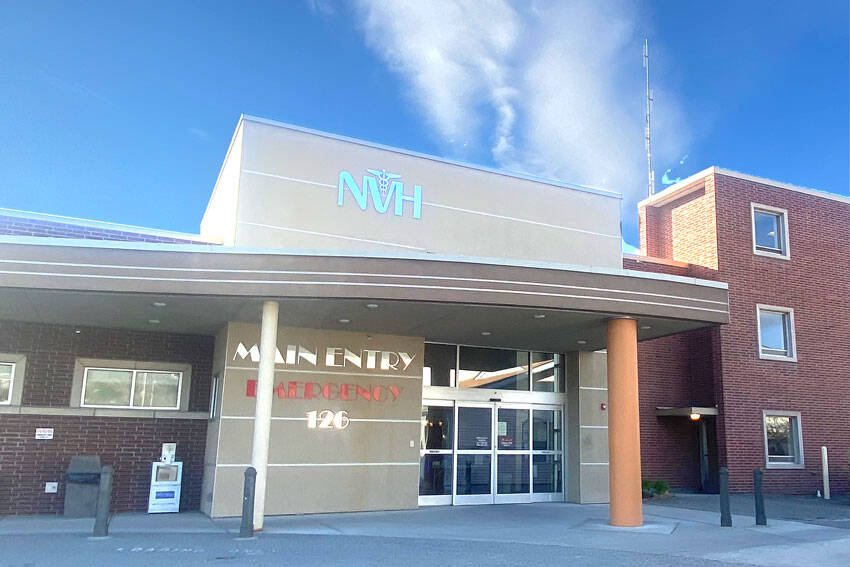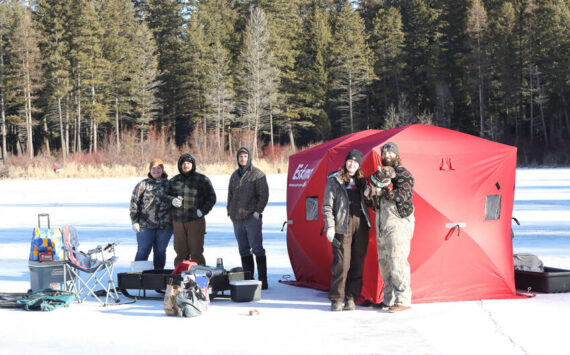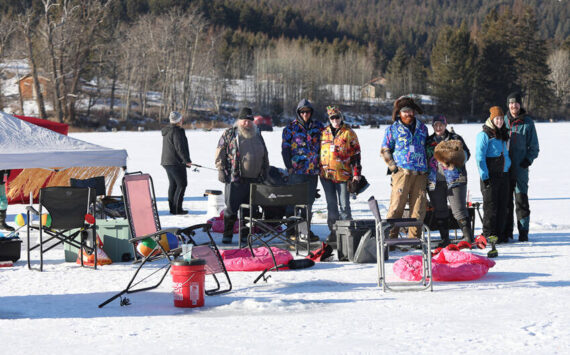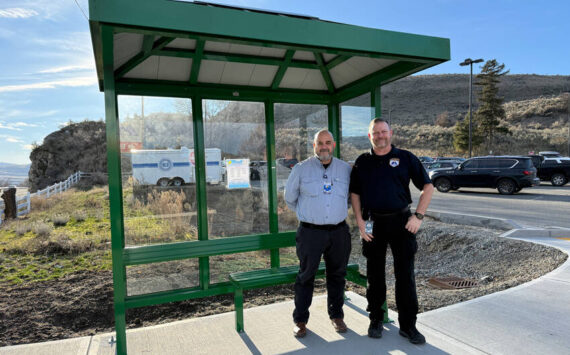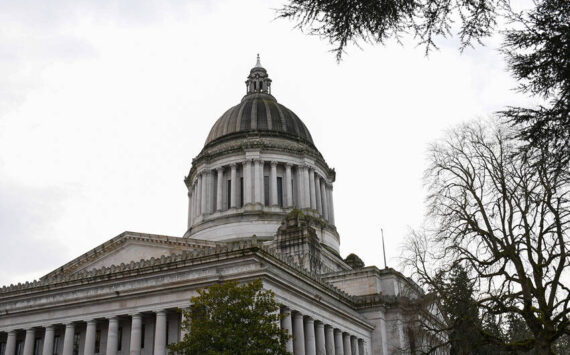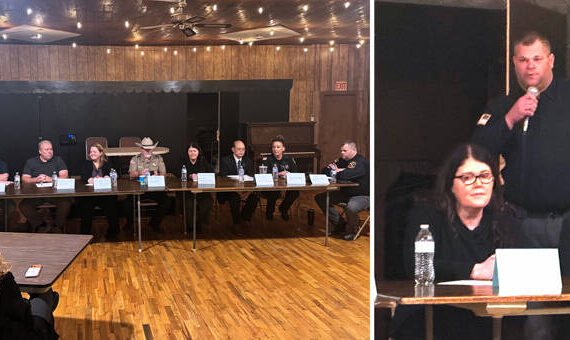NORTH COUNTY – North Valley Hospital (NVH) is joining other local rural healthcare leaders in a community discussion on Monday, July 29, focused on how federal cuts to Medicaid could affect access to care across Okanogan County.
The event will take place from 6:30 p.m. to 8 p.m. at the Okanogan PUD Auditorium and will feature presentations by local healthcare leaders on the future of Medicaid, hospital services and behavioral health resources.
“There is a high level of concern about the cuts to Medicaid,” said NVH CEO John McReynolds. “Rural hospitals heavily depend on Medicaid because many of the patients we serve are low-income,” said McReynolds.
According to McReynolds, 20 to 30 percent of patients cared for by hospitals in Okanogan County are covered by Medicaid. Although Medicaid payments often do not fully reimburse the cost of care, “they are significantly better than receiving no payment at all.”
Washington state law requires hospitals to provide all medically necessary care, especially in emergencies, regardless of a patient’s ability to pay.
McReynolds added, “If a patient loses Medicaid coverage, the care we provide is typically not reimbursed.”
Rural hospitals already operate with very small financial margins.
“If more patients lose insurance coverage, we will see more people coming to the emergency room without a way to pay. Hospitals must still provide care, but without reimbursement, the cost adds up quickly,” said McReynolds.
With a possible uptick in uncompensated emergency room visits, McReynolds said the “strain” could lead to staff layoffs, service reductions, or even closures.
“At this time, no local hospital has plans to close or discontinue any services,” McReynolds clarified. “However, if the effects of this legislation are not addressed, we may be forced to reduce some services to preserve as much care as possible for our communities.”
Aside from the financial impact to hospitals, McReynolds said there will be a significant impact to patients who lose coverage and have challenges getting access to health care.
While the full effects of the bill will not be felt for several years, a recent report from the health policy research group Kaiser Family Foundation (KFF) projects that Washington State’s Medicaid enrollment could drop by as much as 26 percent, potentially leaving 250,000 people without coverage. Patients who lose insurance may also lose access to preventive care, primary care and prescription medication services that help them avoid more serious hospitalizations.
“Most Medicaid recipients will still be eligible,” said McReynolds, “but they’ll face more frequent eligibility and verification processes, which can lead to unintentional loss of coverage.”
The event will feature four speakers addressing the future of healthcare in the region: Peter Morgan, Retired Healthcare Executives, How Medicaid Works; Dr. Kevan Coffey, Medical Director, Family Health Centers, Caring for Families; John McReynolds, CEO, North Valley Hospital, The Future of Our Hospitals & Long-term Care; David McClay, CEO, Okanogan County Behavioral Health, Mental Health and Addiction Services.
Community members are encouraged to attend the event to learn about upcoming changes to Medicaid, its impact on healthcare delivery, and on healthcare organizations.
